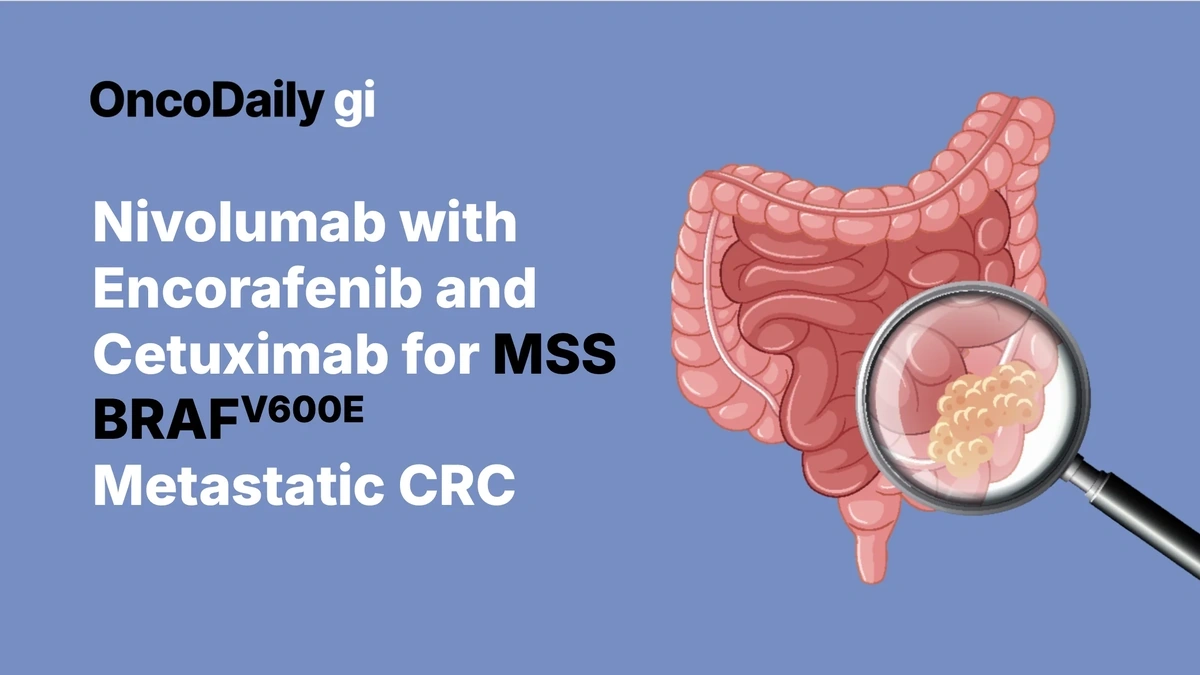Okay, let’s be real. Hearing the words ” metastatic colorectal cancer ” can feel like a punch to the gut. It’s heavy, it’s scary, and it’s often shrouded in medical jargon that leaves you more confused than informed. But here’s the thing: understanding what it really means is the first step to navigating it, whether you’re a patient, a caregiver, or just someone who wants to be informed. We are going to break this down in a way that’s, hopefully, a little less intimidating.
The “Why” Behind Metastasis: It’s Not Just About Spread
Most people think of metastasis as simply the spread of cancer. And, yes, that’s part of it. But the why behind it is crucial. See, cancer cells aren’t supposed to leave their original neighborhood (in this case, the colon or rectum). When they do, it’s because they’ve developed sneaky ways to detach, travel through the bloodstream or lymphatic system, and set up shop in a new location – often the liver, lungs, or peritoneum. As National Cancer Institute explains, this process involves a complex interplay of genetic mutations and environmental factors. But, understanding this process opens doors to targeted treatments.
What fascinates me is how adaptable cancer cells are. They can change their characteristics to survive in these new environments. This is why metastatic cancer is often more challenging to treat than the original tumor. Imagine cancer cells are like spies, changing their disguises to infiltrate new locations. They are shape shifters that know how to adapt based on their current location.
The implications? It means treatment strategies need to be smarter, more personalized. We’re not just fighting the original cancer anymore; we’re fighting its evolved, more resilient offspring. In the context of colorectal cancer, this means looking at things like the specific mutations driving the metastasis, the location of the secondary tumors, and the patient’s overall health.
Symptoms & Early Detection: Knowing What to Look For
Let’s be honest, symptoms can be tricky because they vary a lot depending on where the cancer has spread. But, here are some common signs to watch out for. As explained in more detail here: metastatic colorectal cancer .
- Persistent fatigue
- Unexplained weight loss
- Changes in bowel habits (diarrhea, constipation)
- Abdominal pain or bloating
- Jaundice (yellowing of the skin and eyes), if the liver is affected
- Shortness of breath or cough, if the lungs are affected
Early detection of metastasis of colorectal cancer is key. This is where regular screening for colorectal cancer comes in. Colonoscopies, stool tests – these aren’t just about finding the original tumor. They can also help identify potential signs that the cancer may have spread. Talk to your doctor about the screening schedule that’s right for you, especially if you have a family history of colorectal cancer or other risk factors. If caught early, treatment of the stage 4 colorectal cancer is available.
Treatment Options: A Personalized Approach
Treatment for metastatic colorectal cancer isn’t one-size-fits-all. It’s a complex puzzle that requires a team of specialists – oncologists, surgeons, radiation oncologists – to piece together. The good news is, there are more options than ever before.
Chemotherapy is often a cornerstone of treatment, but it’s not the only tool. Targeted therapies, which attack specific vulnerabilities in cancer cells, and immunotherapies, which harness the power of your own immune system to fight the cancer, are becoming increasingly important. Surgery and radiation therapy may also be used to control the growth of tumors in specific locations. The most important tool is early stage colorectal cancer detection, to prevent spread into other organs.
And here’s where it gets personal. Your treatment plan will depend on several factors, including:
- The location and extent of the metastasis
- The specific genetic mutations driving the cancer
- Your overall health and preferences
Living with Metastatic Colorectal Cancer: Quality of Life Matters
Let’s be honest – living with metastatic colorectal cancer is a marathon, not a sprint. It’s about managing the disease, but it’s also about maintaining your quality of life. This means addressing not just the physical symptoms, but also the emotional and psychological challenges that come with a cancer diagnosis. Support groups, counseling, and other resources can be invaluable in helping you cope.
What fascinates me is the resilience of the human spirit. I’ve seen people with metastatic colorectal cancer live full, meaningful lives, traveling, spending time with loved ones, and pursuing their passions. It’s a reminder that even in the face of a serious illness, there’s still so much to live for. When cancer spreads to other organs, it is referred to as distant metastasis.
Latest Research and Hope for the Future
The field of cancer research is constantly evolving, and there’s reason to be optimistic. Researchers are exploring new ways to target cancer cells, develop more effective immunotherapies, and personalize treatment based on individual genetic profiles. One promising area of research is liquid biopsies, which can detect cancer cells or DNA fragments in the blood, allowing for earlier detection of metastasis and monitoring of treatment response. This helps the oncology team determine the appropriate approach to treat the advanced colorectal cancer.
And that’s what it all comes down to: progress. Every new study, every new treatment, every new understanding of the disease brings us one step closer to a future where metastatic colorectal cancer is no longer a death sentence, but a manageable condition. It’s about giving patients more time, better quality of life, and, ultimately, hope.
FAQ About Metastatic Colorectal Cancer
What is the survival rate for metastatic colorectal cancer?
Survival rates vary depending on several factors, including the extent of the metastasis, the specific treatments used, and the patient’s overall health. The 5-year survival rate for people with metastatic colorectal cancer is around 13%. However, with advances in treatment, many people are living longer and with a better quality of life.
Can metastatic colorectal cancer be cured?
In some cases, it can be. If the metastasis is limited to a few locations and can be completely removed with surgery, a cure may be possible. However, in most cases, metastatic colorectal cancer is considered a chronic condition that can be managed with treatment.
What are the side effects of treatment for metastatic colorectal cancer?
The side effects of treatment vary depending on the specific treatments used. Chemotherapy can cause nausea, vomiting, fatigue, and hair loss. Targeted therapies and immunotherapies can cause skin rashes, diarrhea, and other side effects. Your doctor will work with you to manage these side effects and improve your quality of life.
What is the role of genetics in metastatic colorectal cancer?
Genetics can play a significant role in the development of metastatic colorectal cancer. Certain genetic mutations can increase the risk of developing the disease, and other mutations can influence how the cancer responds to treatment. Genetic testing can help identify these mutations and guide treatment decisions.
What kind of diet should I follow if I have metastatic colorectal cancer?
There is no specific diet that can cure metastatic colorectal cancer, but eating a healthy diet can help you maintain your strength and energy during treatment. Focus on eating plenty of fruits, vegetables, and whole grains, and limit your intake of processed foods, red meat, and sugary drinks. Talk to your doctor or a registered dietitian for personalized dietary recommendations.
What kind of follow-up care is needed after treatment for metastatic colorectal cancer?
Follow-up care is essential to monitor for signs of recurrence and manage any long-term side effects of treatment. This may include regular physical exams, blood tests, imaging scans, and colonoscopies. Your doctor will work with you to develop a follow-up plan that is tailored to your individual needs.
Ultimately, understanding metastatic colorectal cancer is about empowering yourself with knowledge. It’s about asking questions, seeking support, and actively participating in your own care. And it’s about remembering that even in the face of a challenging diagnosis, there is always hope.





